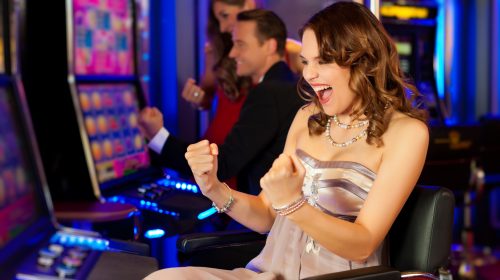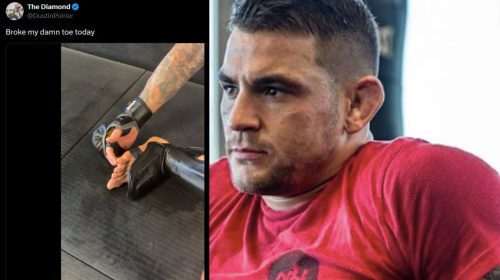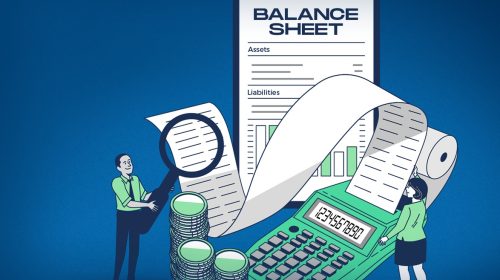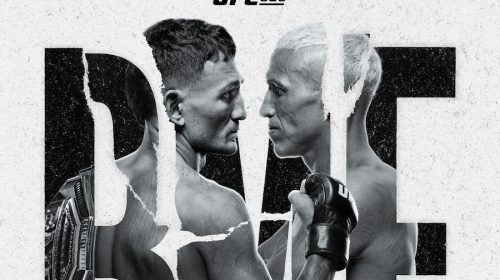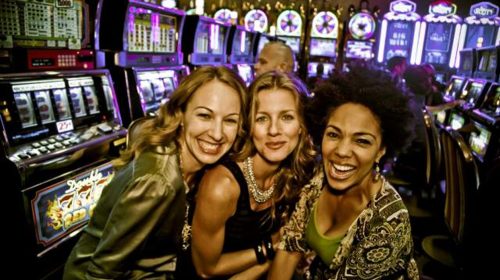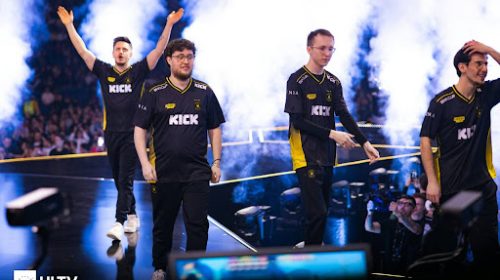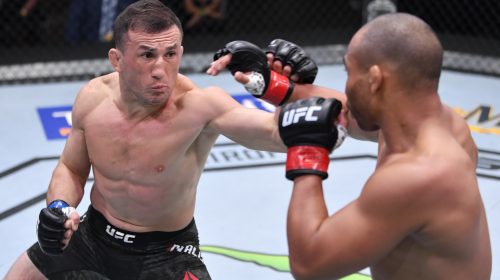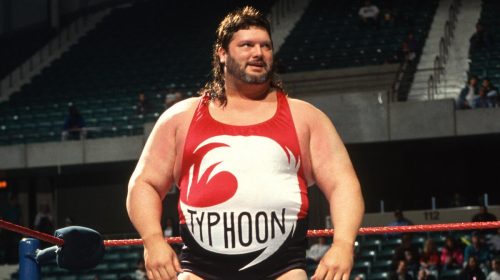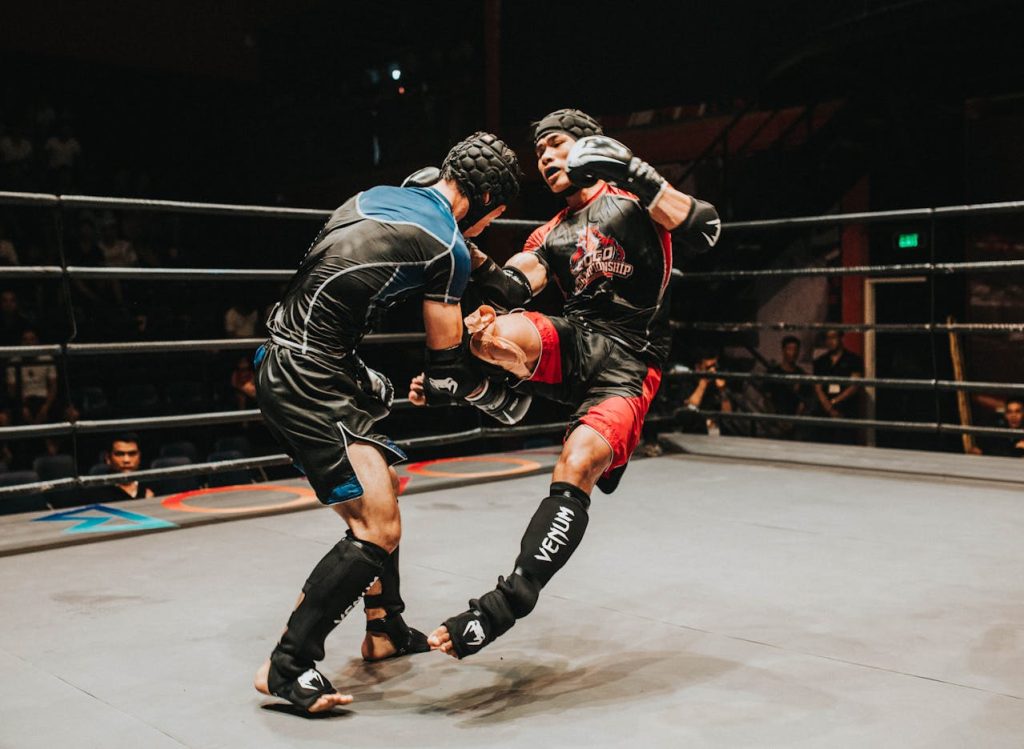
Fighter’s Instincts and the Jockey’s Edge: Mental Toughness Across the Arena and Racetrack
Thousands of hours of beating a bag. Sparring with partners. Pushing their bodies to the absolute max.
They’ll show up for the weigh-in with basically the same body types. What factor puts one person in the winner’s circle and lays the other out on the ground?
You could ask a similar question of the people who train and race championship horses. Everyone puts in the same incredible effort. And yet there can be only one winner.
Often, mental toughness is what sets pro athletes apart. Difficult though it is to quantify, strong mental characteristics can make a huge difference in determining sports outcomes.
Overview
Mental toughness is one of the biggest difference-makers in sports. It’s also the hardest factor to predict from the outside. All professional athletes are mentally tough. But comparing that internal grit is next to impossible.
Even experienced coaches struggle to measure this quality consistently. It also fluctuates. How can you know, watching from your television screen, when a fighter is going to dig deep and land an upset? They all talk tough. They’ve all been tough at the professional level before. The real test comes in moments of extreme pressure.
It’s similar in racing. Skills do a lot to determine who will come out ahead, but it doesn’t completely predict how a person will react to pressure and stress. The most technically skilled jockeys sometimes falter under championship conditions.
On average, up to 40% of athletes experience stress-related mental health problems at some point in their athletic careers. These challenges affect competitors across all sports and skill levels.
Interestingly–though not necessarily relatedly–findings predictably show that participation in team sports has a positive overall impact on mental health. The social support system provides valuable psychological benefits.
Regardless, to succeed either as a fighter or a racer is to have mastered both the physical and mental aspects of your game. The champions we remember most combined elite physical abilities with exceptional psychological fortitude.
A Universal Sport’s Truth
It’s not just fighting or racing. Some of the best moments in sports history are the product of both physical and mental toughness. For example, the famous Michael Jordan flu game. Despite suffering from severe flu-like symptoms with a 103-degree fever, Jordan scored 38 points in Game 5 of the 1997 NBA Finals, leading the Bulls to victory while barely able to stand.
Or the 2008 U.S Open. Tiger Woods tied for the lead at golf’s hardest event playing with both a torn ACL and a stress fracture to his tibia. He then won an eighteen-hole playoff against Rocco Mediate. His victory came despite visible pain throughout each round.
These types of moments require more than physical ability. The body’s limits would typically prevent such performances. They are possible only through emotional and mental fortitude that is difficult to learn and even harder to predict. This rare combination is what separates legendary athletes from merely great ones.
Can you factor Mental Toughness into your Betting Strategy?
We’ve said it already. You can’t quantify mental toughness in a tangible way. Does that mean you can’t use it to influence your betting strategy? Not quite. What you want to do is look at all other aspects of the event first, viewing mental toughness as an “x-factor.” This approach adds a dimension beyond pure statistics.
Let’s say you are preparing to place a bet on a big fight. The fighters have comparable records. They are similar in age and physical condition.
Fighter X is favored to win because he is the current belt holder. You might bet on the favorite. However, you’ve noticed something about Fighter Y. He has an incredible knack for triumphing in the face of adversity.
Most of his wins have come in situations where he was the underdog. You think “That’s mental toughness.” And you’re right. It is mental toughness, in the best kind of way–a way that is supported by stats.
You can apply that same sort of thinking when you are betting on horse racing. Start by taking advantage of good horse betting promotions.
These will often allow you to make your first wagers with at least some house money, taking significant personal risk out of the equation. Many betting platforms offer generous sign-up bonuses.
That’s always a great way to pilot a new betting strategy. Maybe you will find a horse that is a little underrated. No, it hasn’t done a bunch of much, but it has a fantastic trainer, and the jockey is a proven winner. The human element often matters more than pure horse statistics. Sometimes it is worth taking that bet. You can’t assign a number value to mental strength, but you can look for signs of it on the stat sheet.
